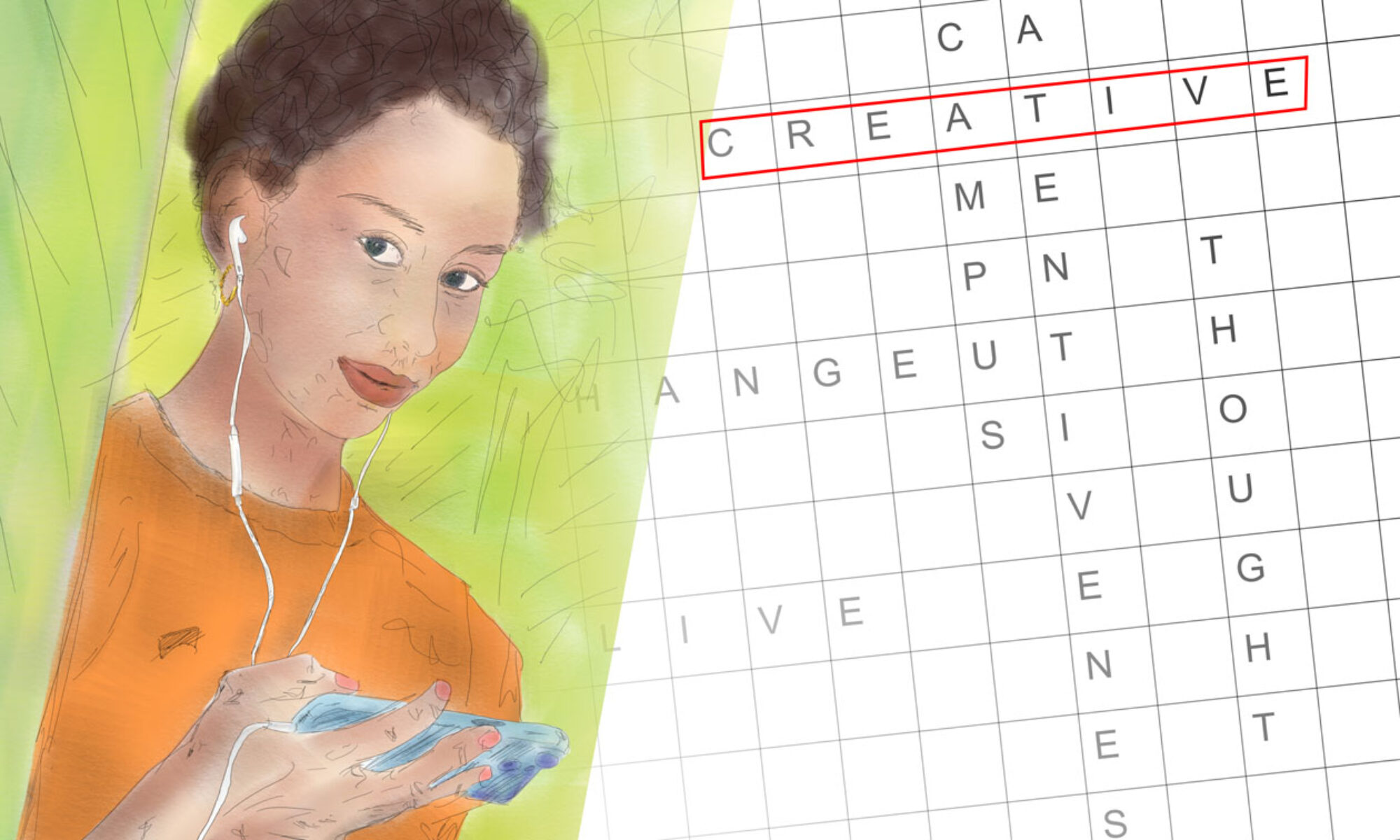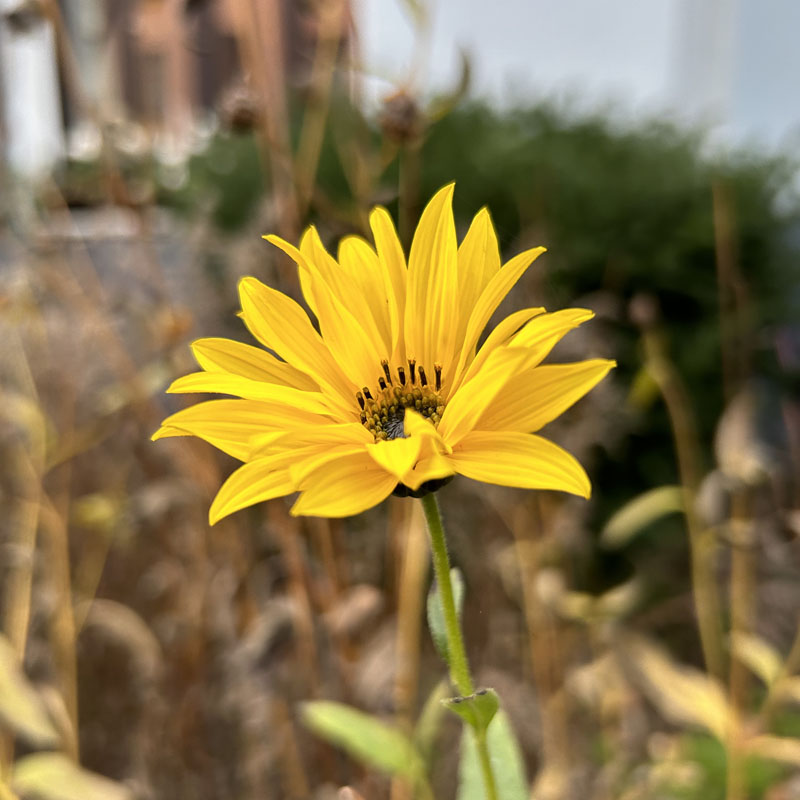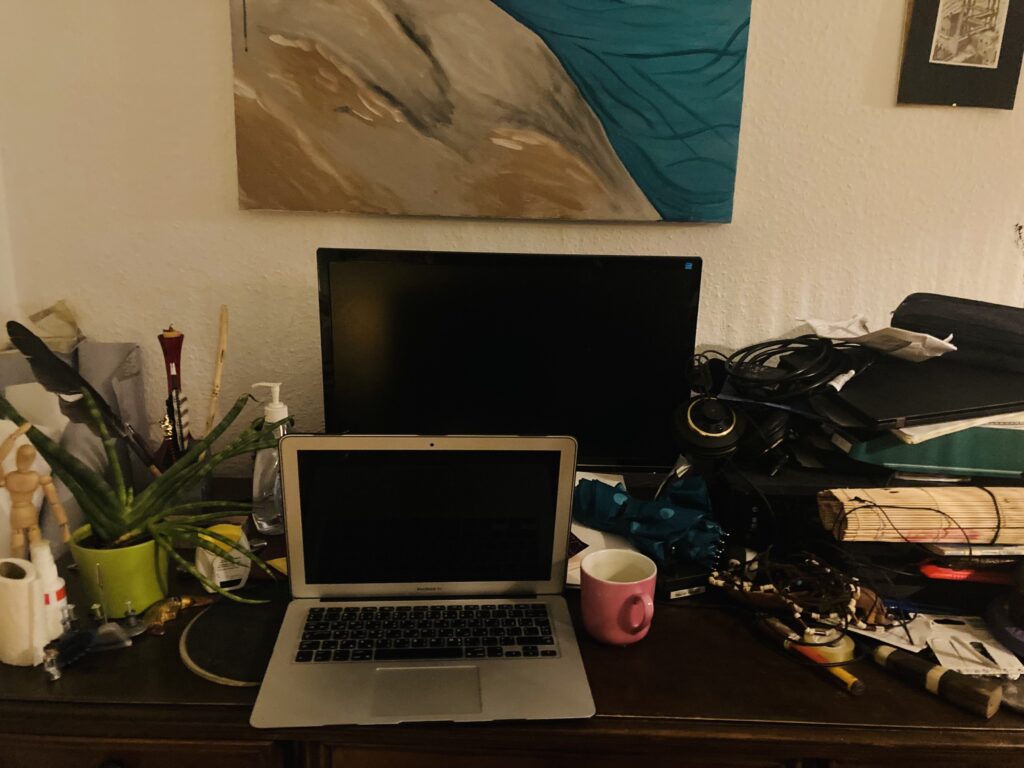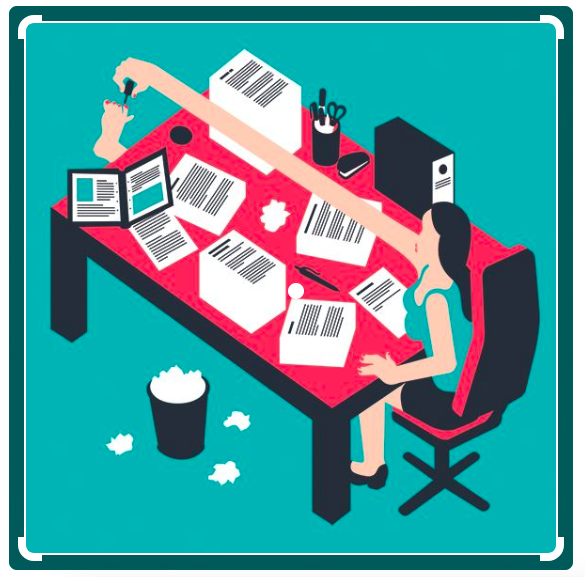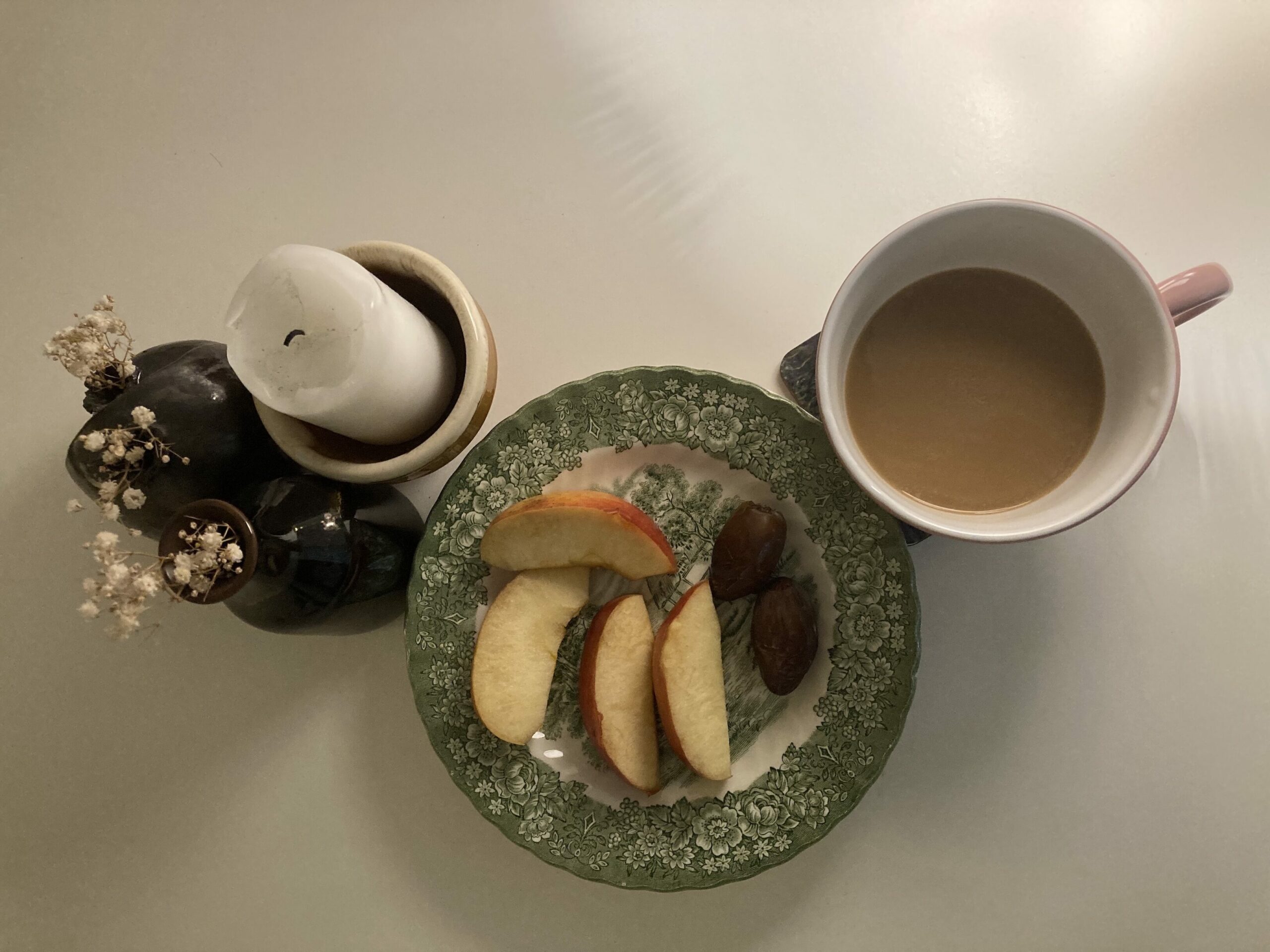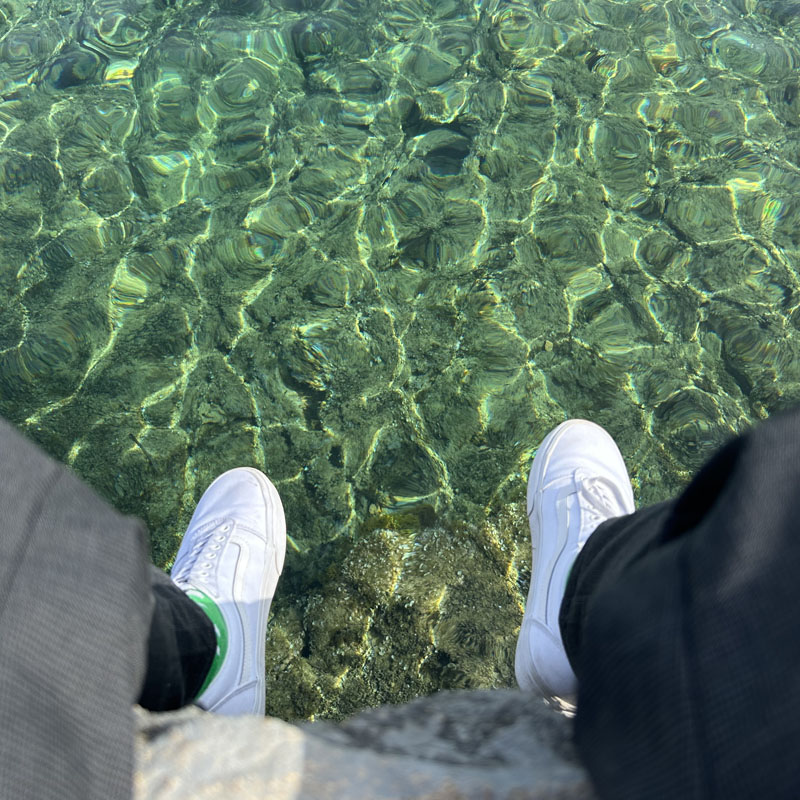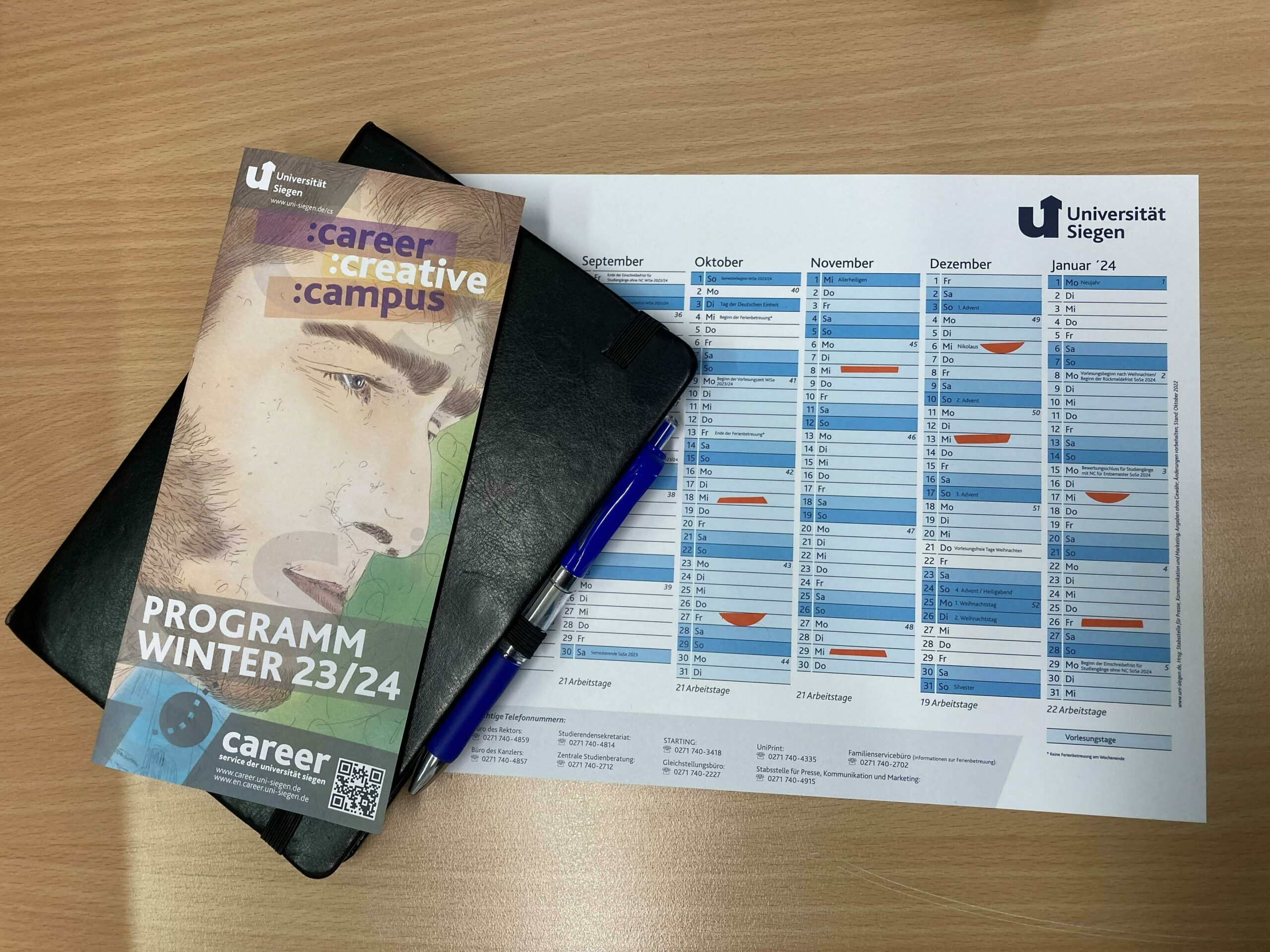… in our ‚dealing with procrastination series‘, we have two more tips to deal with procrastination. As discussed in our earlier posts, the starting point is admitting that you are procrastinating. Then comes, choosing a study location and eliminating distractions. You might see progress after these first three steps, but you are also likely to feel a little bored studying alone. This is likely to happen every once in a while, when it kicks in, we recommend step four.
Step Four: Work with a study group.
When you are not highly motivated, it might be difficult to bring yourself to study. Studying with friends or classmates could help bring you in the mood. You could also discuss your assigned topics together or explain to each other any difficult concepts. The downside to this is that it could be distracting for some people. In that case, studying together in the library could be a better alternative.
Step Five: Set achievable goals.
It is crucial not to overwhelm yourself with more than you- or anyone- could do. Set realistic goals and plan breaks because you will need them. A good strategy is to write down everything you need to do on one paper, and then take 3 items and write them down on another paper. The second paper is your actual to-do list, when you finish with the first three items, you can add more, and so on until you have finished- or the day has.
Stay tuned for the last post in our dealing with procrastination series, coming up in two weeks!
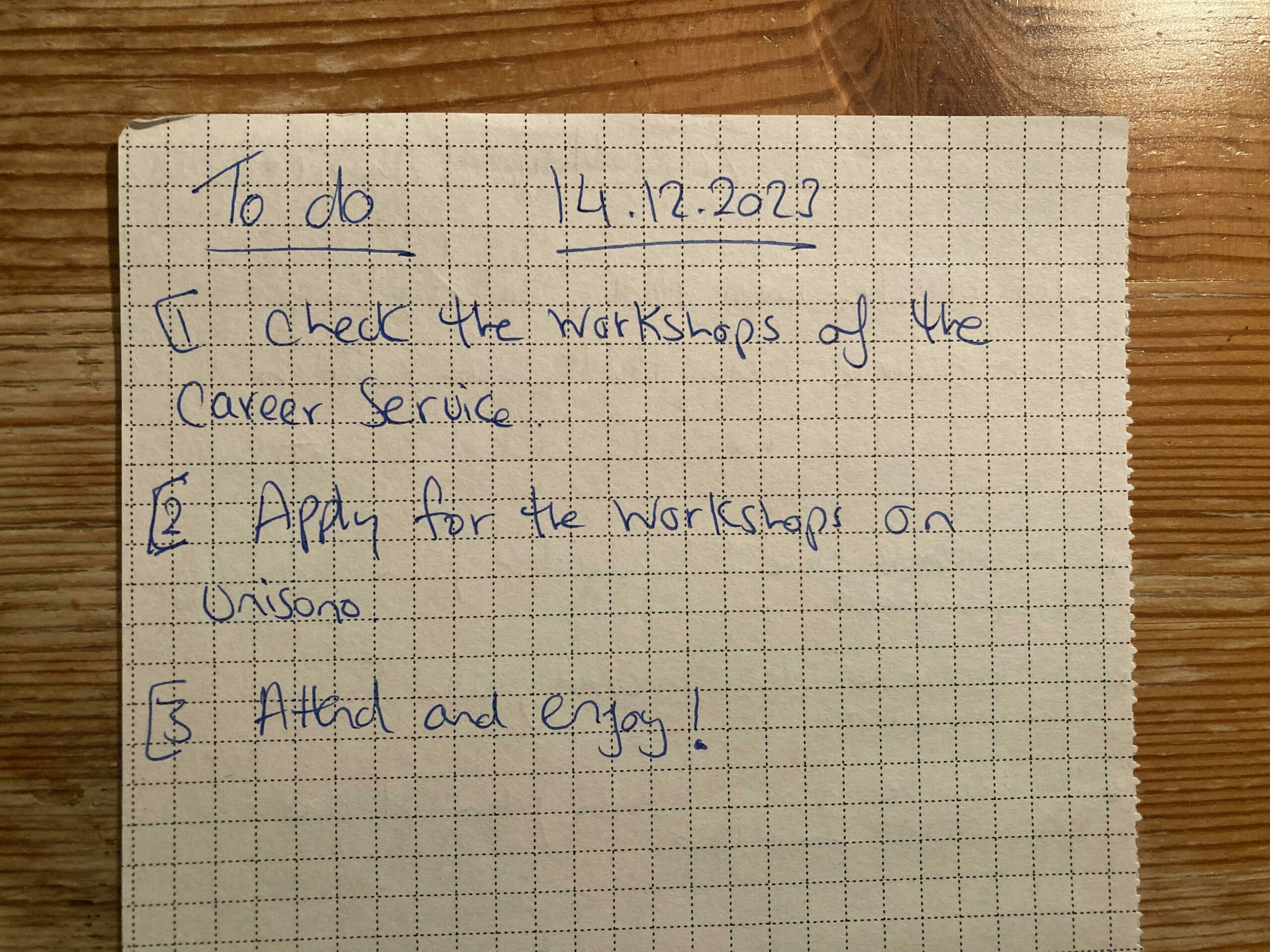
Don’t forget to check the remaining workshops for this semester, you can register on unisono!
